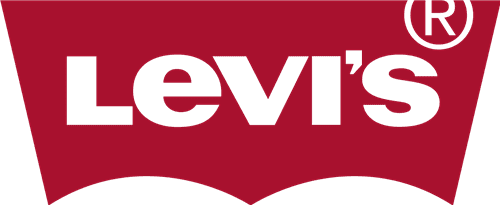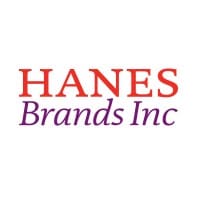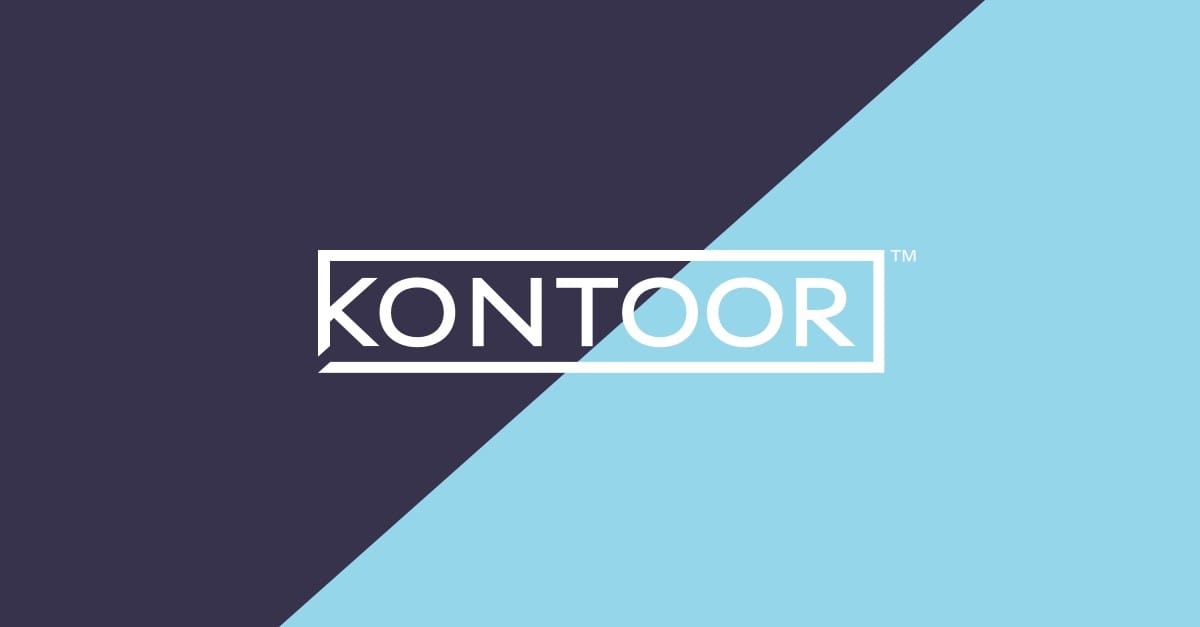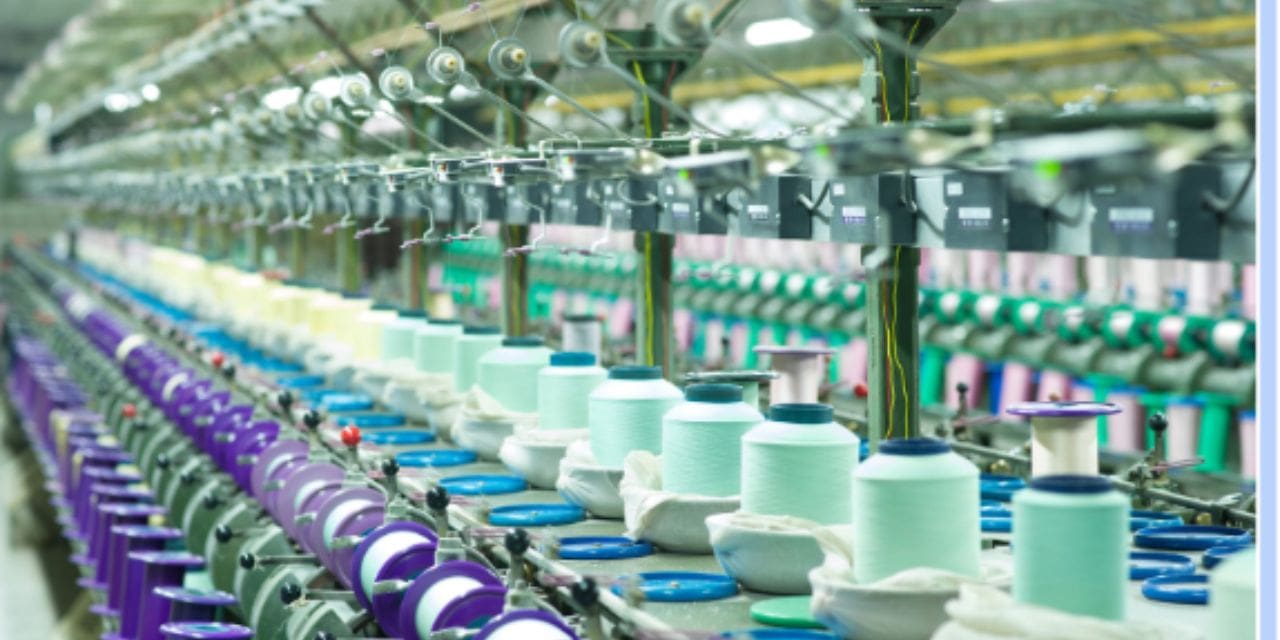Numerous textile enterprises specialize in the transformation of raw materials into apparel and accessories. Some of the most adept companies in this sector not only process textiles but also engage in the creation of novel fabrics and clothing, leveraging their expertise to establish direct connections with consumers.
The ongoing surge in direct-to-consumer (DTC) sales has proven advantageous for textile companies, allowing leading manufacturers to transition into retailers themselves, thereby gaining a distinct competitive edge over relying on external channels for sales distribution.
Consider the following textile-related investment opportunities:
Canada Goose

Headquartered in Toronto, Canada Goose stands out as a prominent textile company and retailer, recognized for crafting its signature down-filled parkas. Emphasizing its direct manufacturing operations, the company produces knitwear and accessories across various locations in Europe and Asia. Canada Goose has successfully embraced DTC sales, with more than half of its revenue generated through online channels.
Despite facing challenges during the pandemic, Canada Goose rebounded with double-digit revenue growth, showcasing resilience and profitability through its direct sales approach. The company’s commitment to ending the use of animal fur in its products aligns with the growing emphasis on ethical practices in the industry.
Levi Strauss

An iconic American brand with roots tracing back over 150 years, Levi Strauss has evolved to adapt to the changing landscape of the textile industry. Initially impacted by the pandemic, the denim giant shifted focus to online sales, with nearly a quarter of its revenue stemming from digital channels. This includes its e-commerce platform and sales operations facilitated by partners. If you follow top traders’ strategies which you can find here, you will understand how good an option is to invest in Levi Strauss stocks.
Despite facing challenges, Levi Strauss is poised for double-digit growth in 2021, showcasing the resilience of its brand. The company’s profitability has improved with the adoption of efficient internet-based selling models, enabling it to reduce debt and even initiate a small quarterly dividend for shareholders. Levi Strauss remains a stalwart presence in the textile sector, continuously navigating and thriving in the ever-evolving market.
Hanesbrands

Hanesbrands (HBI 0.0%), the parent company of renowned brands like Hanes and Champion, faced challenges adapting to the digital era, with its share price exhibiting a prolonged decline even before the pandemic hit.
In response to the unprecedented circumstances of 2020, Hanesbrands swiftly pivoted its textile manufacturing operations to produce personal protective equipment. Anticipating the temporary nature of the heightened demand for face masks, the company strategically shifted focus to bolster its athletic wear business and enhance e-commerce sales. Through strategic acquisitions, it secured a licensing deal with DKNY and launched a marketing campaign for the Champion brand, featuring the iconic likeness of boxing legend Muhammad Ali.
Despite ongoing challenges, Hanesbrands remains an attractive option for income-focused investors, consistently delivering reliable dividends. Management projects a 6% annual revenue growth, reaching approximately $7.4 billion by 2024, potentially driving significant appreciation in the stock price.
Lululemon Athletica

Lululemon Athletica pioneered the athleisure trend, which involves incorporating athletic-inspired attire into everyday wear and gained significant popularity, especially during the COVID-19 pandemic. While Lululemon initially focused on women’s clothing, it has expanded its product lines to include men’s and children’s apparel. Boasting over 40% of its revenue from DTC online sales, Lululemon has effectively cultivated a dedicated customer base through its digital platforms, including its website and social media channels.
Operating on an asset-light business model, Lululemon outsources clothing manufacturing to partners, allowing the company to concentrate on supply chain management and nurturing customer relationships. Despite acknowledging potential supply chain challenges, the Vancouver-based company anticipates maintaining its robust momentum.
Kontoor Brands

Kontoor Brands (KTB -1.26%) stands out as a prominent denim manufacturer within the textile industry. Formerly a subsidiary of VF Corporation (VFC 0.54%), which owns renowned brands like Vans, The North Face, and Timberland, Kontoor became an independent entity in 2019. Currently, it holds ownership of denim labels such as Lee, Wrangler, and Rock & Republic.
Despite the substantial disruptions caused by the pandemic, Kontoor experienced a noteworthy recovery, achieving year-over-year revenue growth by the close of 2020. The company’s strategic emphasis on e-commerce played a pivotal role in this resurgence, particularly with successful direct-to-consumer (DTC) marketing for Lee and Wrangler. Kontoor has expanded its global footprint, demonstrating resilience and sustained profitability. Moreover, the company’s commitment to shareholder value is evident through its generous quarterly dividend payments and the initiation of a share repurchase program.
To Sum Up: Textile Giants 2024
In conclusion, the textile industry’s resilience and adaptability are exemplified by key players such as Canada Goose, Levi Strauss, and others. These companies have navigated challenges, embracing direct-to-consumer (DTC) sales to bolster revenue and maintain profitability.
For instance, Canada Goose rebounded from pandemic setbacks with robust online sales, emphasizing ethical practices whereas Levi Strauss’ agile shift to online channels propelled its growth, showcasing brand resilience. Considering their adaptability, ethical practices, and strategic moves, these stocks present compelling investment opportunities in 2024 for those seeking resilience and growth in the textile sector.

